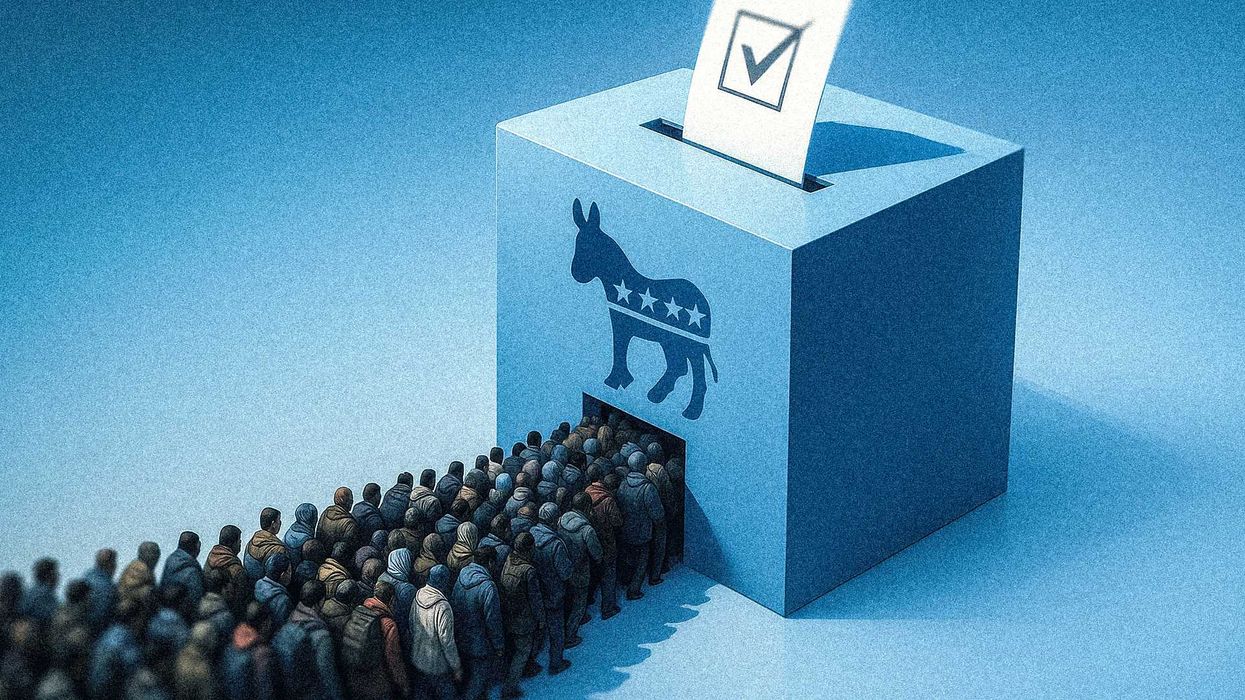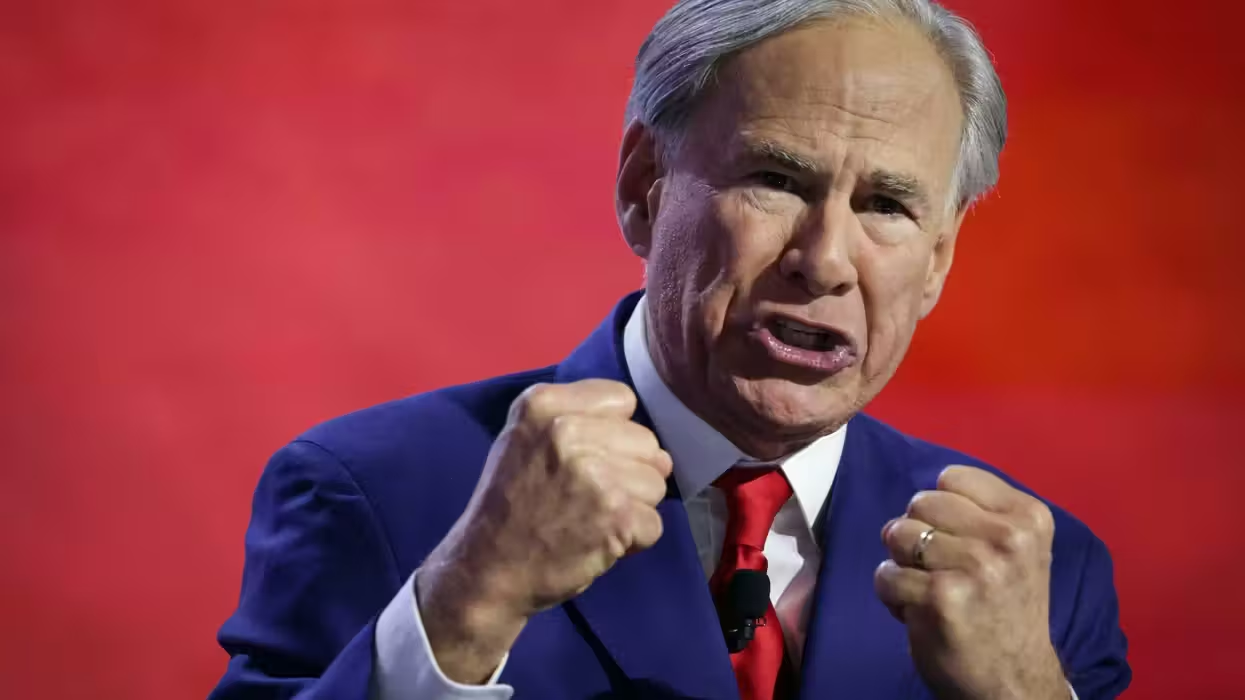
© 2025 Blaze Media LLC. All rights reserved.
UAE Arrests 'Muslim Brotherhood Cell' Allegedly Plotting to Overthrow Government -- And They're Not Happy With Morsi
January 02, 2013
“The Muslim Brotherhood saw the Arab Spring as a historic opportunity to leverage their political gains in Egypt and Tunisia to destabilize the current Arab governments"
 In this image released by the Egyptian Presidency, President Mohammed Morsi prepares to make a televised address to the nation in Cairo, Egypt, Wednesday, Dec. 26, 2012. (Photo: AP)
In this image released by the Egyptian Presidency, President Mohammed Morsi prepares to make a televised address to the nation in Cairo, Egypt, Wednesday, Dec. 26, 2012. (Photo: AP)
When the "Arab Spring" swept into Egypt in January of 2011, there was significant debate over whether the Muslim Brotherhood-- long banned as a political party under Hosni Mubarak-- would eventually lead Egypt and then the Middle East towards Shariah Law. Those who pointed out that the Muslim Brotherhood has attempted for decades to re-establish an Islamic caliphate were ridiculed, but now the United Arab Emirates is joining in warning the world of the Muslim Brotherhood's plans.
On Tuesday, the UAE's Al-Khaleej newspaper revealed that a "Muslim Brotherhood cell" of 11 Egyptians were arrested last month after allegedly training local Islamists to overthrow the government. They were supposedly collecting security information about the UAE, holding secret meetings, and sending large amounts of money to Muslim Brotherhood leaders in Cairo.
UAE officials have been warning of the Muslim Brotherhood's wide-reaching ambitions for months, but have largely been overlooked by international media until now.
In September, Dubai's police chief spoke of an "international plot" by Islamists-- inspired by the Muslim Brotherhood's swift rise to power in Egypt-- to overthrow Gulf governments.
The UAE's Foreign Minister discussed the Brotherhood's plans for an Islamic Empire, or caliphate, in October, saying: “The Muslim Brotherhood does not believe in the nation state. It does not believe in the sovereignty of the state."
Two senior Egyptian officials flew to the United Arab Emirates Wednesday to discuss the arrest, carrying a letter from Egyptian President Mohammed Morsi to UAE President Sheik Khalifa bin Zayed Al Nahyan.
The contents of the letter were not disclosed. It is unclear whether Muslim Brotherhood leaders in Egypt supported the cell's actions, or were even aware of it.
Envoys are expected to discuss relations between the two countries, which have soured since Morsi won political office.
News media in the two countries have reported accusations about alleged conspiracies against each other-- including rumors of a plan to kidnap Morsi and take him to the UAE. The rumors peaked when thousands of Egyptians demonstrated in front of Morsi's palace last month, protesting a draft constitution and a presidential decree giving Morsi wider powers.
The UAE has not faced street protests during "Arab Spring" upheavals, but authorities have stepped up arrests and pressure on groups including an Islamist organization, Al Islah, accused of undermining the country's ruling system.
Like most Middle Eastern countries, the UAE has a litany of human rights problems. However, it is significant to note that while Western governments attempt to win over Egypt's Muslim Brotherhood, at least one neighbor in the region considers it a grave threat to state sovereignty and national security.
“The Muslim Brotherhood saw the Arab Spring as a historic opportunity to leverage their political gains in Egypt and Tunisia to [destabilize] the current Arab governments, especially in the Gulf, to expand their power base and dominate societies,” one Gulf-based analyst concluded for Gulf News, requesting anonymity.
The Associated Press contributed to this report.
--
Related:
Want to leave a tip?
We answer to you. Help keep our content free of advertisers and big tech censorship by leaving a tip today.
Want to join the conversation?
Already a subscriber?
more stories
Sign up for the Blaze newsletter
By signing up, you agree to our Privacy Policy and Terms of Use, and agree to receive content that may sometimes include advertisements. You may opt out at any time.
Related Content
© 2025 Blaze Media LLC. All rights reserved.
Get the stories that matter most delivered directly to your inbox.
By signing up, you agree to our Privacy Policy and Terms of Use, and agree to receive content that may sometimes include advertisements. You may opt out at any time.






